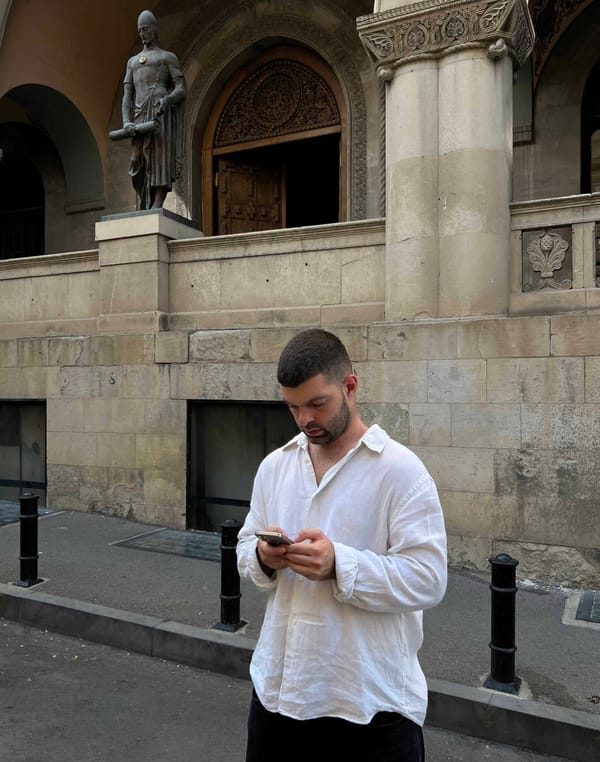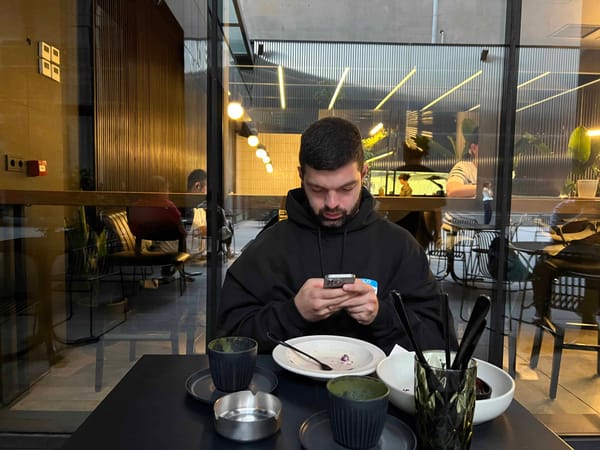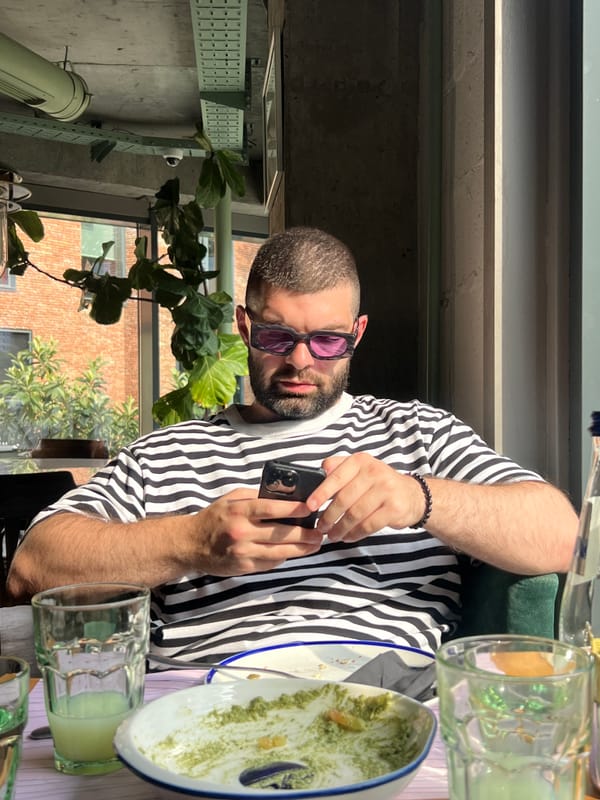The Power of Ekadashi: My 7-Month Journey Through 36 Hours of Mindfulness and Cleansing
Ekadashi is a practice that involves fasting for 36 hours without food or drink. I have been practicing it for 7 months, it has helped me feel better, both - physically and mentally. You can read my story in this post, hope you will find it helpful.
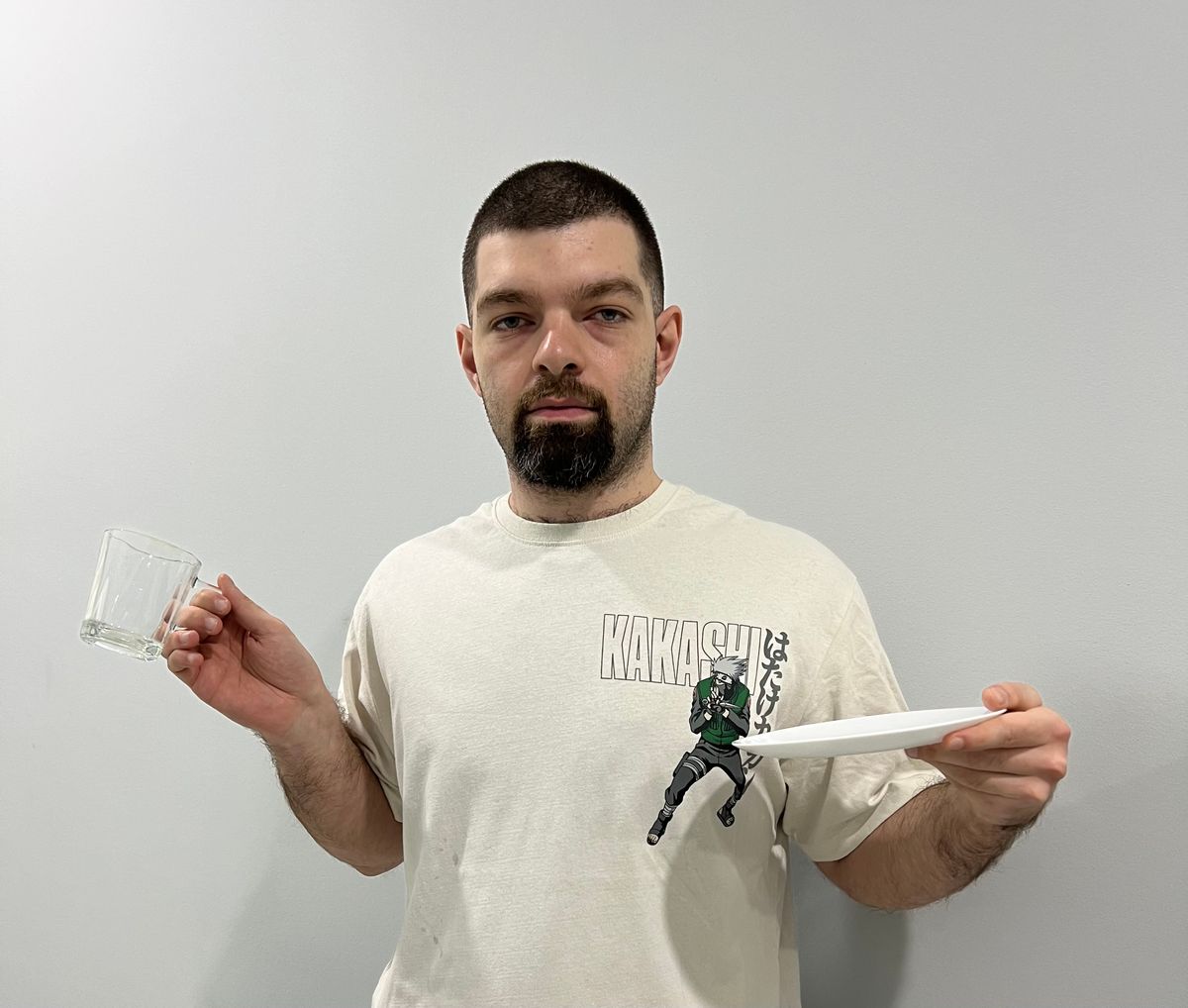
It is 5 am in Tbilisi right now, I am starting to write this blog after another 36 hours without eating and drinking liquids. One year ago I could not even imagine, that I would be doing this to myself, but here we are. Being mindful, applying different practices, and exploring mind and body becomes trendy these days, and it is usually not what it seems at the first sight. I want to share with you my take on Ekadashi since it has been already 7 months since I started following it.
ℹ️ What is Ekadashi?
Ekadashi is a Hindu tradition that happens twice a month. On this day, which is the 11th day of the lunar cycle, Hindus fast for 24 to 36 hours without food or water. This fast is thought to bring both physical and spiritual benefits, helping to cleanse the body and mind. It is considered a special time for spiritual activities and worshiping the Hindu god Vishnu, especially in the Vaishnavism tradition.
🤔 Why I started this whole thing?
I am not Hindu and starting this practice was not about getting into a religious perspective. Once I heard about 36 hours of food and liquid intake cancelation, it interested me, because I always thought, that people in modern world are overloading their bodies and minds with junk thoughts, foods, etc. So, I thought cleansing 2 times a month should be a great way to "hard reset" the body and mind. Luckily, I had people around me, who are deep into this and they gently guided me through the whole process.
1️⃣ My first Ekadashi
I can remember my first fast clearly, I was doing it the first time just for the food intake only drinking water for 36 hours and it was ok. Of course, by the end of the day, I wanted to eat, but it was not that difficult to overcome this feeling, I had only to wait for the next day. During my first Ekadashi practice, I had a clear understanding, that my body and mind rest not having to process different products inside and a feeling of lightness and ease were around me for the whole day.
📎 Evidence behind 36-hour fasting
There is some limited scientific evidence on the health effects of fasting, including fasting for periods of 24 to 36 hours. Some studies suggest that intermittent fasting may lead to weight loss, improved insulin sensitivity, and decreased risk of chronic diseases such as heart disease and diabetes. However, more research is needed to fully understand the health benefits and potential risks of fasting, and the effects may vary depending on individual factors such as age, health status, and dietary habits.
36-hour fasting starts a process in your body called "autophagy". Autophagy is a cellular process by which the body removes and recycles damaged or unwanted cellular components. It is a natural part of the cell's maintenance and repair system and is essential for maintaining cellular health. Autophagy is triggered by various stressors, including nutrient deprivation, and it helps to maintain cellular energy balance and protect cells against damage and disease.
Studies have shown that autophagy can be activated by intermittent fasting, including fasting periods of 24 to 36 hours. By inducing autophagy, fasting may help to promote cellular health, reduce oxidative stress, and delay the aging process. However, the scientific understanding of autophagy and its role in health is still evolving, and more research is needed to fully understand the mechanisms involved and the potential benefits and risks of fasting-induced autophagy.
It is also important to note that the practice of fasting, including Ekadashi fasting, has spiritual and cultural significance for many communities and is not solely based on scientific evidence. Fasting can be a personal and transformative experience, and it is vital to approach it with care and caution, especially if you have underlying health conditions or are taking medications. Consulting with a healthcare professional before starting a fasting regimen is recommended.
I wanted to post some research and studies here, for you to take a look at, but they are so long and full of medical lingo, so I think, if you want some evidence, you can look for it yourself.
Here is a simple short by the famous Dr. Berg about the benefits of fasting:
👨🔬 My 7-month experience of Ekadashi (36-hour fasting)
I can not say, that this practice is super pleasant, but here are some benefits I got out of leveraging 36 hours fasts:
- Weight loss - first 3 months I was able to lose around 6 kg and I switched to eating 2 times per day, against 3, that I did before. However, I think I am still a bit overweight, but it is a good starting point for me and many people.
- Becoming thankful - drinking a cup of water after completely deleting it from your life for 36 hours is an absolute happiness. You can not even imagine, how this practice changes your mood and vision toward things you were taking for granted the whole time. Step-by-step with each practice you become more conscious about what you eat and each food intake becomes a moment to celebrate. Some people reading this may think "What the hell is he talking about, if you want to eat - just go and order something in Mcdonald's or whatever", but it does not work this way. By depriving something of our life, we start to appreciate it and be thankful.
- No health problems so far - although I dont have any kind of issues with my well-being, I think fasting is helpful here too. As studies suggest, during autophagy your body is repairing itself and deleting trash cells, replacing them with new ones. So, for the last 7 months, there were 0 times I felt bad.
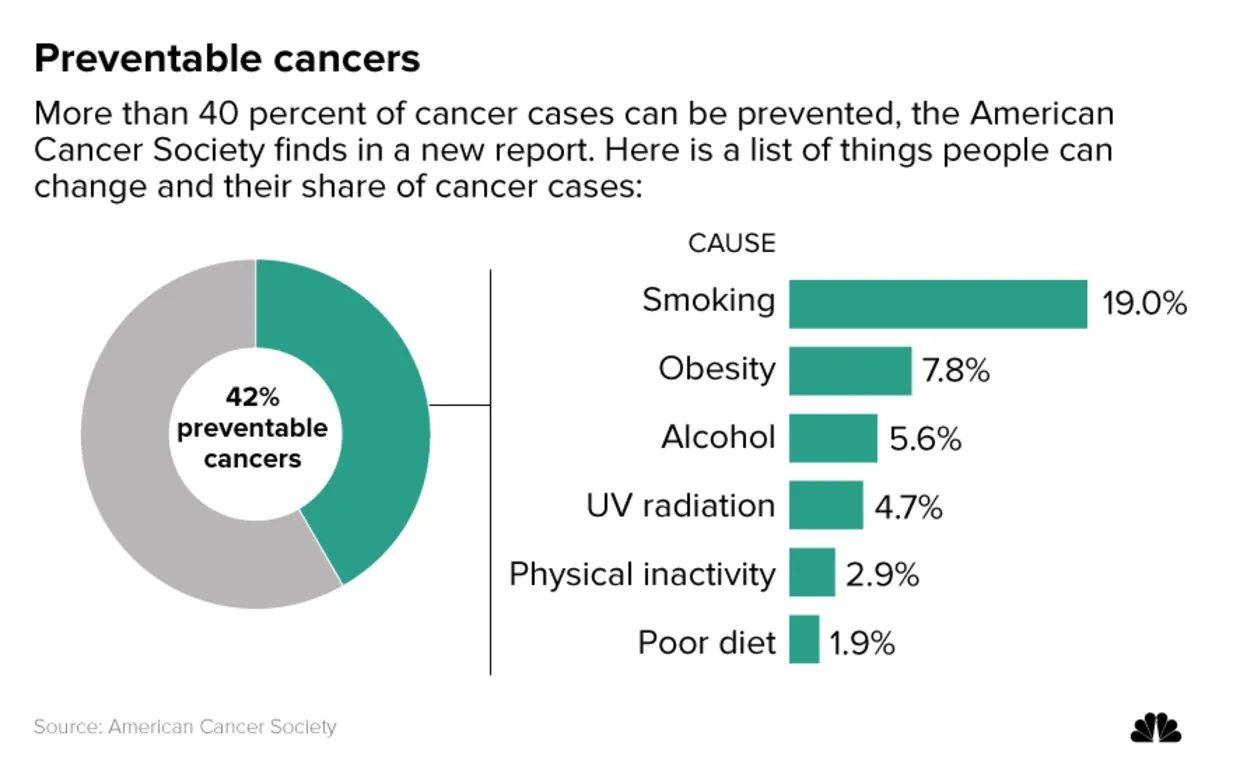
- Changing lifestyle - once you start fasting, slowly, you will also understand you do not need to fill your stomach with junk and trash products 4 times a day. I have switched to eating twice a day and feel great so far, my sleep got better and I always wake up with ease.
- Less eating = less spending - once your behavior and approach to eating change, you do not need to spend loads of cash on food, that you do not eat and make our planet cleaner. I have interesting infographics for you about food waste in the EU, for example.
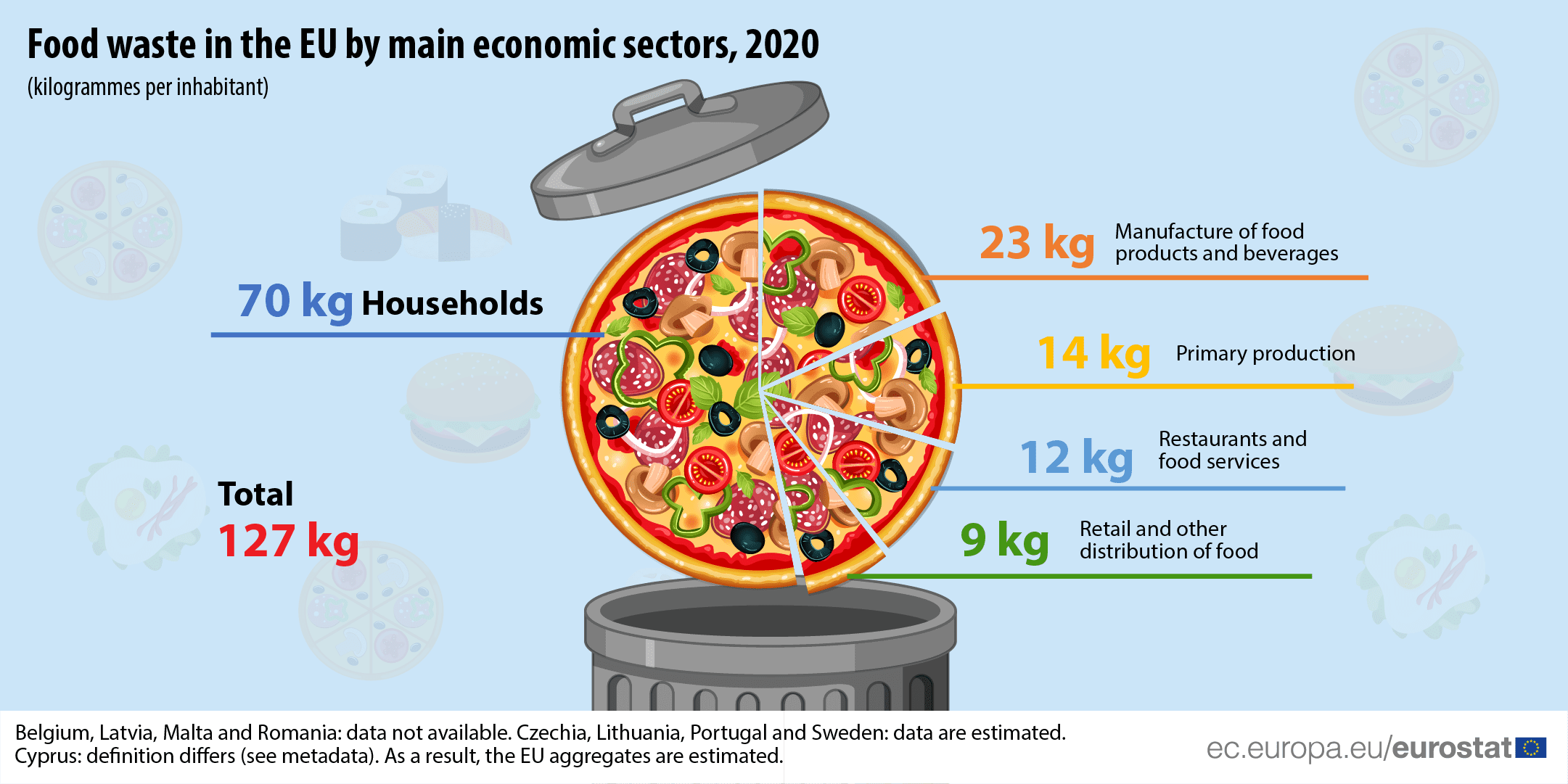
🏁 How can I start this practice?
I encourage you to consult with your doctor or certified nutritionist before starting any kind of fasting practice. We all have different health conditions and it is important to be thoughtful in this process. For me, process was pretty simple - the first 2 fasts were with water, so I could get a sense of how this works, usual schedule for this:
- Day 1 (before fast) - last meal is taken around 5-6 pm (preferably nothing too heavy like meat, stakes, or whatever, better eat salads), then you clean your teeth and set a clear thought in your head, that nothing is coming inside your body for next 36 hours.
- Day 2 (fast day) - you just don`t eat (and don`t drink, if applicable) the whole day, with no changes in your regular schedule or activities, but, preferably do not combine this practice with going to the gym.
- Day 3 (exit day) - your body will wake you up early in the morning 4-5-6 am, this is when you pour a cup of water with lemon. Then prepare some nutritious breakfast, today I ate granola with berries, one spoonful of honey, and cheesecake made out of cottage cheese, feeling so well.
Once again, guys, this is not advisable for you to take it straight away, mind your health and consult with a specialist before starting this practice!
If you also want to correlate this with the Ekadashi calendar, just type in "Ekadashi schedule for (a city where you live)" and it will give you a 1 year ahead schedule. I am not strictly following hours of getting in/out of the practice, just a day.
😲 What can happen during your fast
Of course, this is not a simple process for your body and mind, especially, when you are just a beginner, so I think it is vital to highlight the difficulties you may face:
- Feeling fatigue - this happens to me sometimes, not in the sense, that I can not walk or do some other things normally. After a long workday with dozens of Google Meet calls, and deep work on new content, or finances, I may feel slightly more drained.
- Harder to fall asleep - the best advice I can give you for the fast day - put your phone in silent mode at least for 1 hour before going to bed. Last night I was scrolling through Insta and Youtube for 1 hour and my sleep was horrible. Your body becomes way more sensible during the fast, do not poison it with a blue light when you have to rest.
- Negative thoughts - they may arise, eventually, but this is understandable since you are under stress during the fast. I do not really have such issues, because I practice meditation and have a good ability to control what is in my mind, you can read about my experience here:

Thanks for reading this post, I believe, that mindfully starting 36-hour fasting or Ekadashi will help to improve your health, both mental and physical. Again, you should consult with the specialist, before starting, as I did it. Maybe it is not for you, and there are other ways you can change your attitude toward food intake and make it beneficial for your well-being.
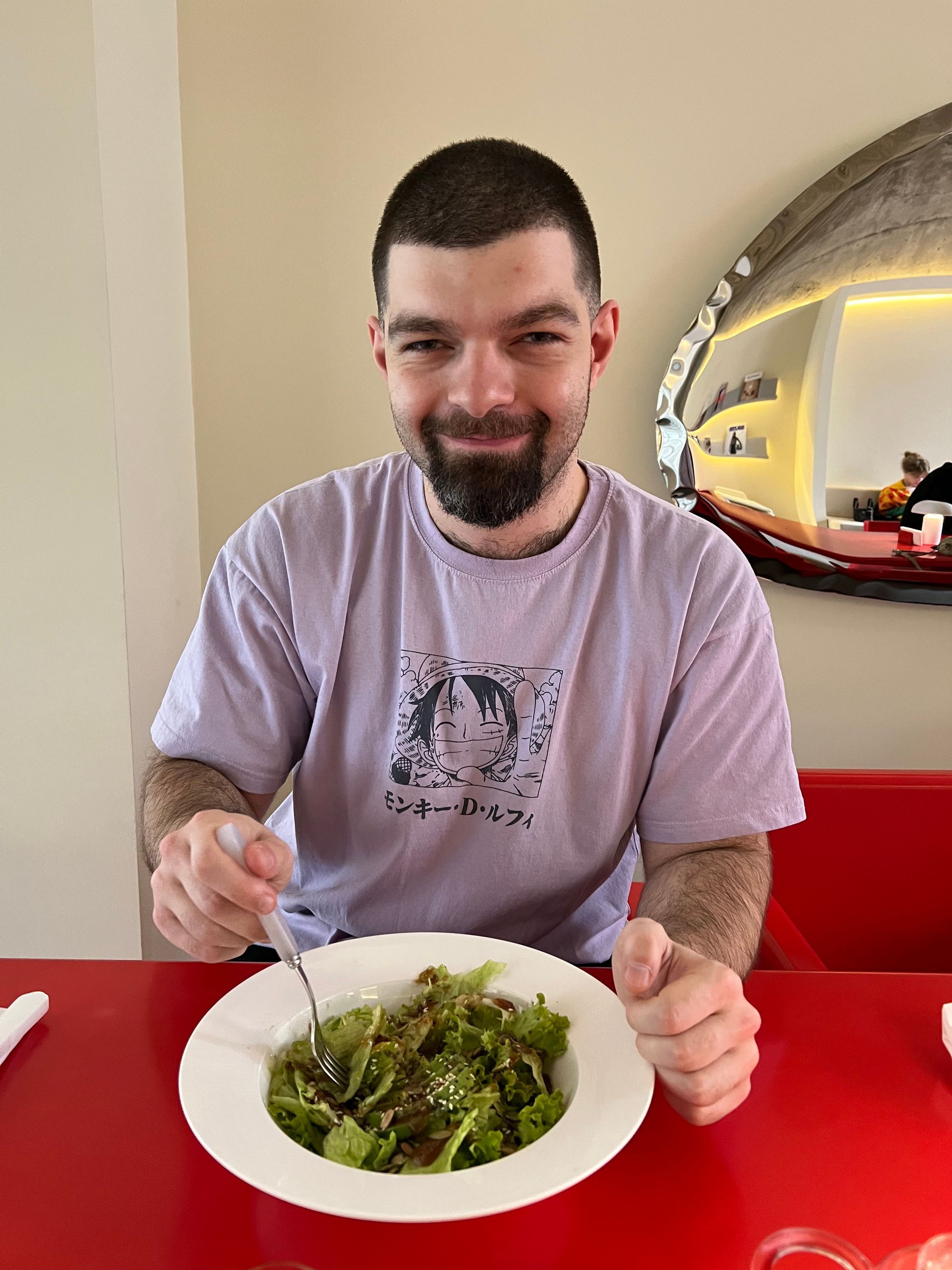
I hope you found this post informative and engaging. If you enjoyed it and want to stay updated on future content, be sure to subscribe to my blog. By subscribing, you'll be the first to know when I publish new articles, and you will never miss a post. Plus, by subscribing, you'll be supporting my efforts to create valuable content for you. So, don't wait, hit the subscribe button now and join the community of readers who value quality content.
Thank you once again, here are my social media links:
Instagram: @genqa.me
Telegram: @only1genqa
LinkedIn - Link
or
Email me at: hey@genqa.me
Remember, a clear body and mind equal the right decisions and happier days, have a terrific start to the week, gang 😎



